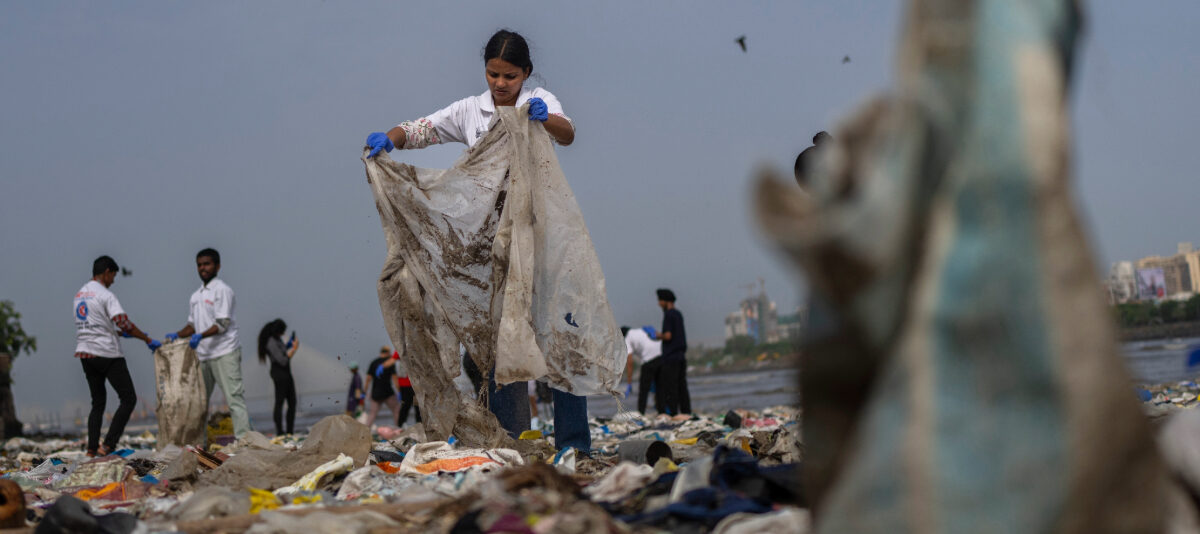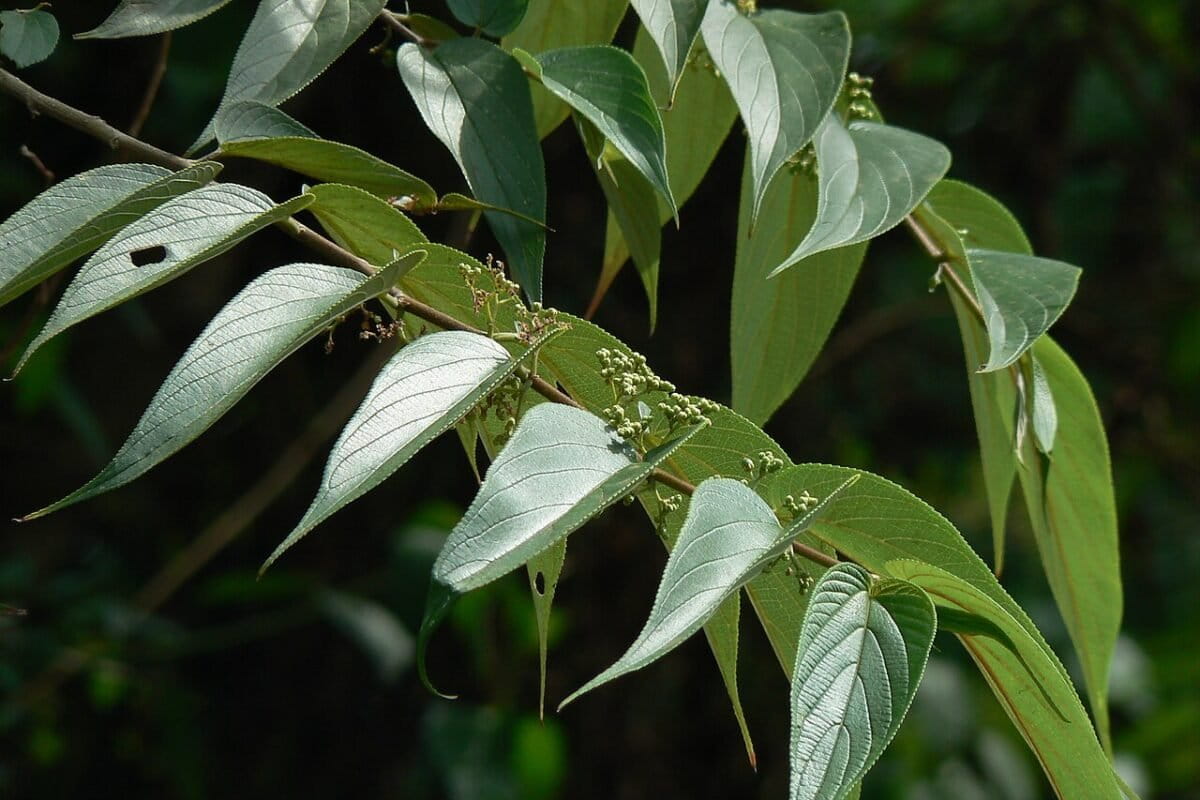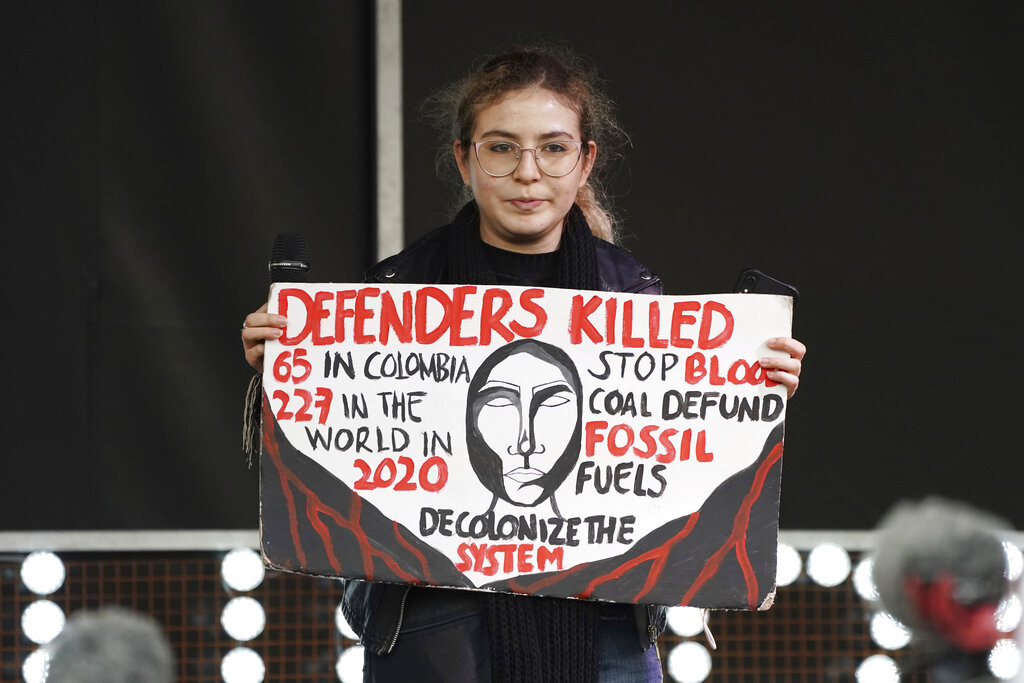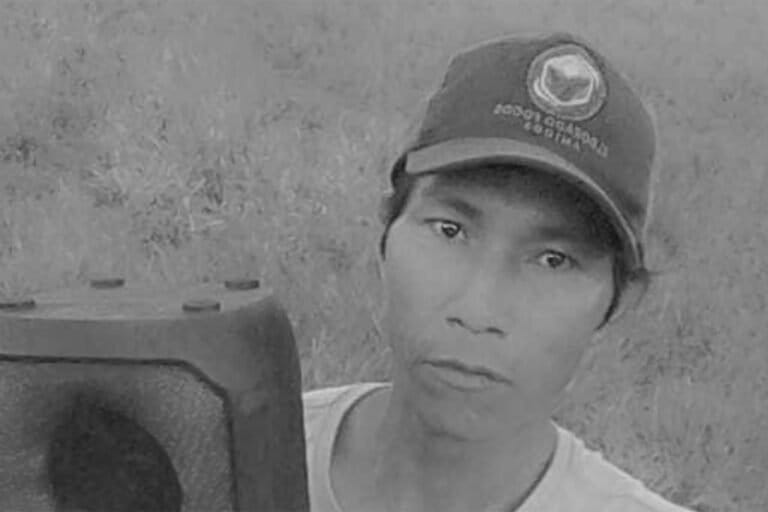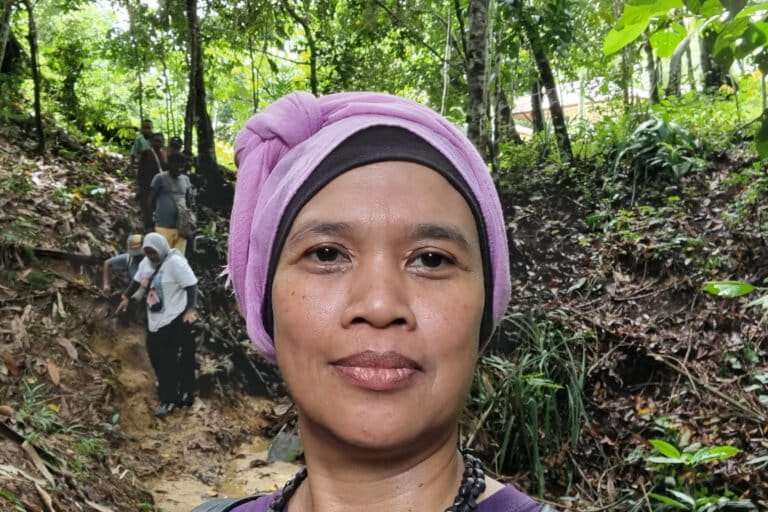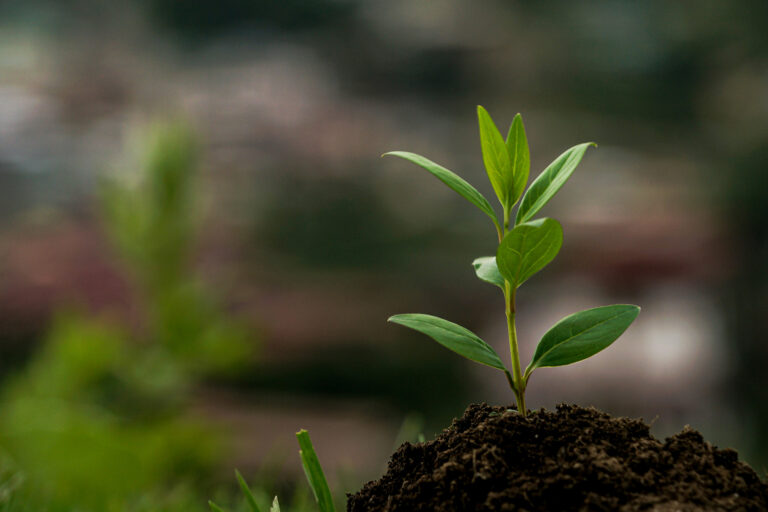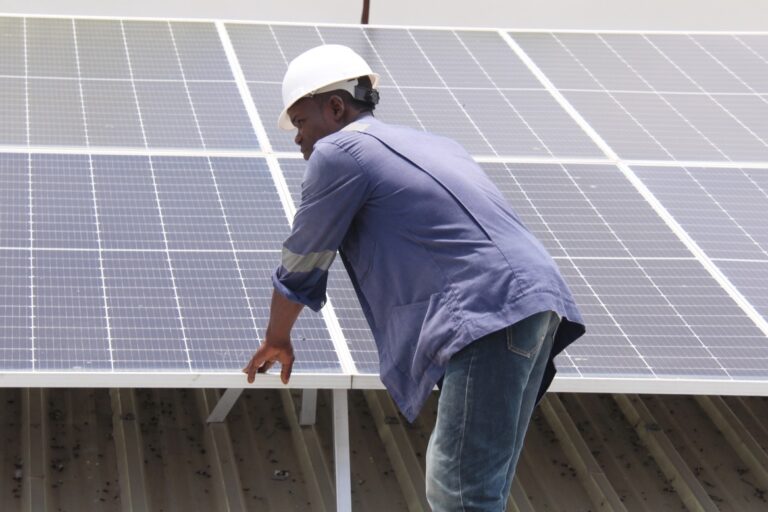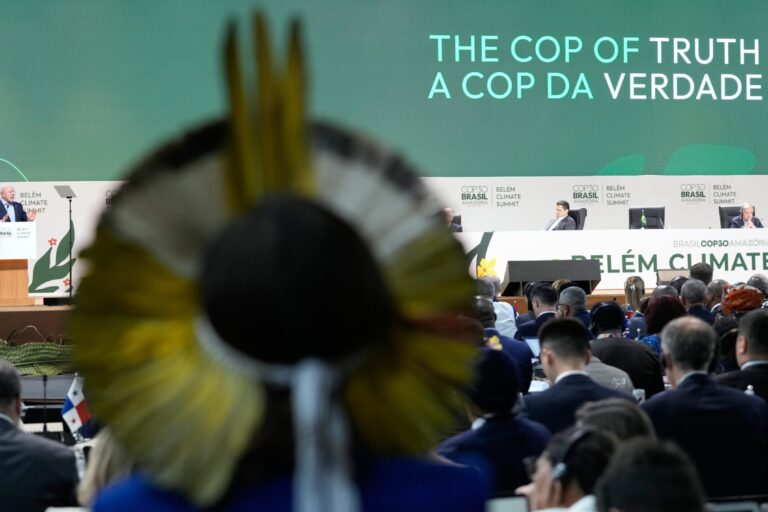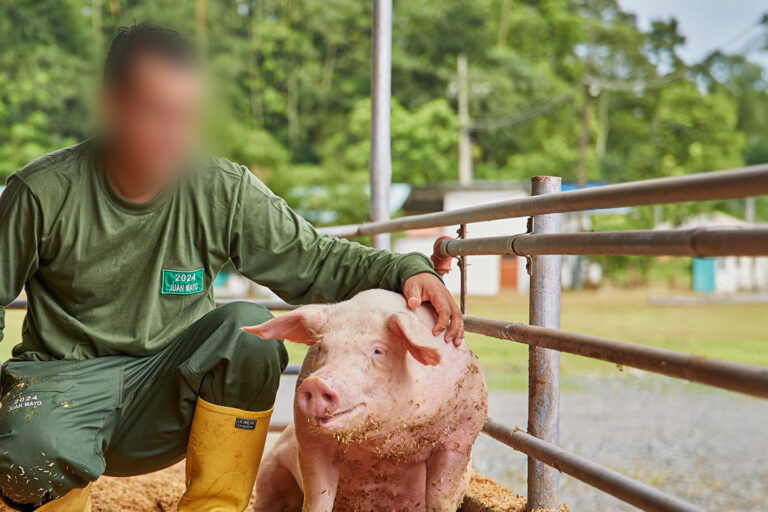- Located on the coast of Sulawesi Island’s largest city, Makassar, Tallo ward endures high water stress and contamination of local sources with heavy metals and other pollutants.
- Water stress is a well-documented driver of gender-based violence around the world, with extensive correlation established by numerous research studies, and causation in many circumstances.
- In Makassar, women are commonly responsible for ensuring local households are supplied with water, which typically involves hauling more than two dozen plastic containers of water across town.
- In response to these challenges, a grassroots women-led organization has entered direct talks with local political leaders and the municipal water company in a bid to improve access to water for consumption and sanitation.
MAKASSAR, Indonesia — For years, Rahma paid a monthly rate for water that never flowed to her home in eastern Indonesia’s largest urban area, here where the Tallo River meets the Pacific Ocean.
“If I’m late by one day, I’ll be fined,” Rahma told Mongabay Indonesia near the coast of Makassar, the largest city on the island of Sulawesi. “They didn’t take away the meter, so we thought maybe the water would come back on, but it never did.”
In the 15th century, the kingdom of Tallo transformed Makassar into a maritime power that dominated southern Sulawesi’s trading routes until eventual defeat by Dutch occupiers in the 1660s.
Today, thousands who live on the modern seafront in the sweltering port of 1.5 million battle daily water scarcity, where access to this most basic of needs is already squeezed by crisis.
In 2000, the regional government established a local water company to help supply water to parched households here in Tallo. But the local utility, known in Indonesia as a PDAM, is unreliable and the water often runs only at night, if at all, local customers in Makassar told Mongabay.
Around three-quarters of those surveyed in Makassar for a report published last year by Indonesia’s largest environmental organization said they experienced difficulties in obtaining water.
That means residents like Rahma and Sinar, 45, who is the ward of Tallo’s seventh neighborhood, have to resort to wearying daily treks across one of the hottest parts of Indonesia to queue at dawn for a well that frequently runs dry.
Every day, Sinar’s family requires two cartloads stacked with dozens of plastic containers of water just for bathing and washing clothes.
Drinking water is then procured separately from vendors, costing families like Sinar’s an even greater share of already stretched household budgets.
“There is no water at home,” Sinar said.


Add to cart
Since the local utility pipes slowed to a trickle years ago, people living at the mouth of the Tallo River have hauled water on carts over an uneven road from a community well around 100 meters (330 feet) away.
Some households drilled wells into the aquifer, but found only brackish water for bathing and washing clothes, leaving them reliant still on the vendors for drinking water typically sold in 19-liter (5-gallon) drums.
Najla, who lives on the Tallo River, said a single household requires around 28 containers of water every day just for bathing and washing.
“We’re tired of having to push the cart every day,” Najla said, adding that she usually spends 300,000 rupiah (around $18) per month just on drinking water.
The U.S. Environmental Protection Agency defines any American household spending more than 3% of income on both water and wastewater as experiencing “water burden.” Homes spending more than 4.5% are classified in the severe category.
However, Najla spends almost 8% of Makassar’s 3.88 million rupiah ($230) monthly minimum wage on water, according to her account.
“We’re not asking to get it for free,” she said. “Just to get water to our house.”
Zainal, the elected head of Tallo, said underinvestment had worsened the water crisis, afflicting thousands of local households.
“The water supply is still insufficient,” Zainal said. “One of the main problems is that many of the old pipelines are leaking.
Earlier this year, the regional water company said demand for irrigation water from a reservoir in Maros district, east of Makassar, had impacted residential supply.
Research published in October this year showed how land-use change around the Lekopancing Dam had fueled sedimentation, which reduced water flow to a trickle and threatened Makassar’s clean water supply.


Well spent
The uneven toll of water stress is widely recognized throughout low- and middle-income countries, including Indonesia, Southeast Asia’s largest economy.
Neighborhood leader Sinar said she miscarried every year for four years around a decade ago as she strived to find water to bring home while her husband worked as a sailor.
“I had to carry the water myself with a cart because my husband was at sea,” Sinar told Mongabay Indonesia.
Research consistently shows water insecurity fuels risks of gender-based violence, deepening the world’s most pervasive public health crisis.
A review published in March 2024 in the journal Social Science & Medicine concluded that “water inadequacy was also a prevalent driver of physical and psychological violence between women, intimate partners, and other family members.”
Women and girls, typically responsible for fetching water and managing domestic tasks, face heightened stress in the household when supplies run short — and research shows they are also at risk of harassment and violence while collecting water.
The years-long water crisis in Makassar prompted women in the city’s Tallo area to come together to form Perempuan Pejuang Air Bersih (“Women Warriors for Clean Water”), a grassroots advocacy organization.
Earlier this year, women from the organization met with local political representatives and officials from the water company.
Husnani, a representative of the organization, said pushing for a meeting with the mayor and management of the water company had proved productive.
“As a result of that we now have tanker water supplies at four locations,” Husnani said. “That has helped, but it’s not a solution for everything.”
A report published last year by the Indonesian Forum for the Environment (Walhi) found that 74% of those surveyed in Makassar said they experienced a crisis in obtaining water.
The report recommended the city expand green spaces to restore water catchment, protect river basins, and tax industrial groundwater extraction.
Walhi, Indonesia’s largest environmental civil society organization, also urged the government to develop adaptation plans to manage future water shortages as the climate changes.
Even if the Intergovernmental Panel on Climate Change’s low-emissions scenario is achieved, which would limit average temperature increases to 1.3°-2.4° Celsius (2.3°-4.3° Fahrenheit), as many as 1 billion additional people could experience extreme water stress by 2050, according to a World Resources Institute forecast.
For now, Rahma continues to have to pay a monthly subscription for water she doesn’t receive in Tallo.
“It’s been going on for too long,” Rahma said, adding that sometimes children are late for school because of the need to collect water for the day.
“For 20 years, we’ve been buying water and pushing carts,” said Wana, coordinator of the Women Warriors group in Tallo. “We want to be like other women out there who, when they need water, can just turn on the tap.”
Banner image: A woman in her 60s fills empty jerrycans in a wheelbarrow with water she draws from an old well in Tallo village, Makassar. This routine has been carried out daily for decades. Image by Sri Wahyuni/Mongabay Indonesia.
This story was first published here in Indonesian on Sept. 29, 2025.
Additional reporting by Wahyu Chandra.
Citations:
Baharuddin, I. I., Ucab, R. H., Syarif, E., Nurlinda, Rahman, H. A., Adeko, W. R., & Ananda, S. S. (2025). Application of the SWAT model for spatial analysis of sedimentation rates in the Tanralili sub-watershed, Maros watershed. Water Conservation and Management, 9(4), 626-632. Retrieved from https://www.watconman.org/wcm-04-2025-626-632
Cole, S., Tallman, P., Salmon-Mulanovich, G., & Rusyidi, B. (2024). Water insecurity is associated with gender-based violence: A mixed-methods study in Indonesia. Social Science & Medicine, 344, 116507. doi:10.1016/j.socscimed.2023.116507


